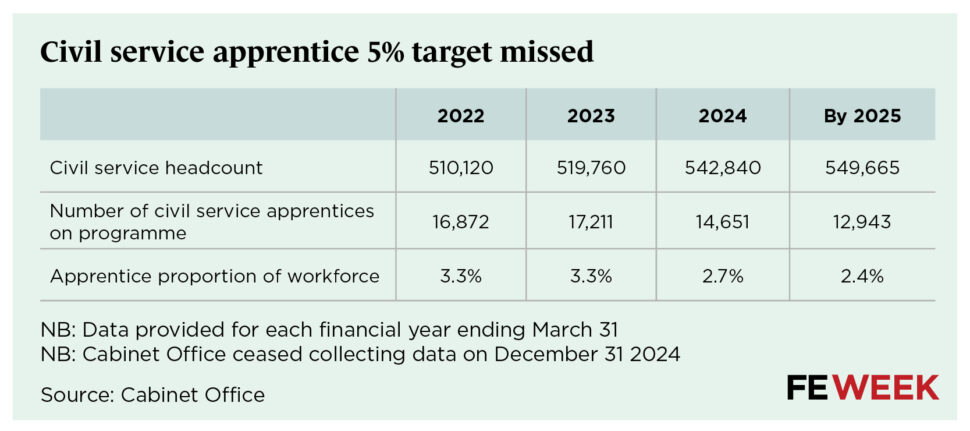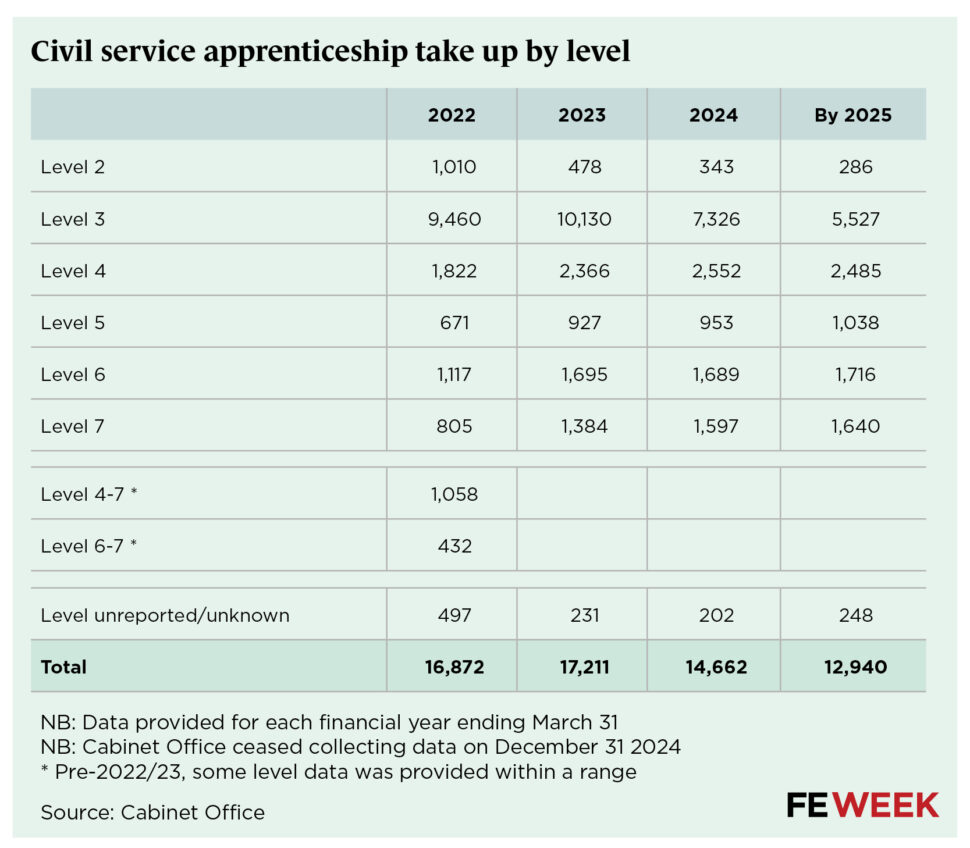As an education minister, when I’m asked about my work in everyday life it’s usually about the best-known, established routes: A Levels and university. Increasingly, I’m pleased to say, apprenticeships and T Levels get a mention.
But there are hundreds of other level 3 qualifications out there at the moment, and this creates a confusing mess of a system where no one is truly sure the qualification they are doing is best for them.
Continuing with this system of confusion makes no sense. And it won’t help us deliver on the prime minister’s recently announced target for two thirds of young people to participate in higher level learning. That’s why we plan to simplify the landscape with three clear routes for 16-18-year-olds.
Simplification through V Levels
A Levels and T Levels will be joined by new V Levels – a third option for young people who choose vocational study. Many young people know that they get on better by doing and applying their learning so don’t want to take an academic A Level route. But they’re not completely clear about the occupation they want to focus on so a T Level might be too narrow.
V Levels will be in a range of subjects, and provide the transferable skills and knowledge employers tell us they’re looking for. And crucially for 16-year-olds deciding their next step, V Levels will streamline the complex landscape of around 900 qualifications currently available at level 3. They’ll provide a clear, coherent study pathway in vocational subjects, while allowing the learner to keep their options open for their future careers. Alongside this, we will grow the T Level offer to cover more subject areas.
This government is determined to transform life chances. We want to open up opportunity to all, which means considering how post-16 education supports those for whom existing routes just aren’t working.
The proportions of disadvantaged and vulnerable students at level 2 study are high: a quarter are eligible for free school meals and 29 per cent have SEND. It is vital that we give these students the support they need to succeed, whether that’s going into further study or leaving education to go into work.
And for those that do go into work, that work is of key importance to the country. Of the 2.5 million jobs that the Office of National Statistics (ONS) defines as being in critical demand, one million require qualifications which map broadly onto level 2 and require work-related training.
Different FE pathways
That’s why, in addition to our changes to qualifications at level 3, we’re also proposing to simplify level 2 qualifications, with two pathways providing clear progression according to learners’ aspirations: one to further study, and one into work.
The further study pathway will prepare students for level 3 study – whether that’s V Levels, T Levels or A Levels. The occupational pathway will ensure that those leaving education have the skills and knowledge employers seek, including for key occupations for our economy and society like bricklayers, adult care workers and early years practitioners.
Ending the resits treadmill
Meanwhile, around a third of year 11 pupils do not achieve grade 4 or above in their maths or English GCSEs, hampering their chances of accessing level 3 qualifications. This minimum standard for many sectors means students repeatedly retake these exams – and their sense of failure is often compounded each time they don’t pass. White working-class pupils are twice as likely to do these resits as their more affluent peers.
To open-up opportunity, we must find better ways to support their progression. We will end the resits treadmill by introducing new 16-19 level 1 qualifications in English and maths that will ensure students have secured the essential foundational knowledge and skills in these subjects and get recognition for that achievement. These will enable students to advance to GCSE the following year, once they’re ready to retake the exams.
The prime minister recently put FE at the heart of our plans – pledging the prestige and support that the sector has too often lacked. He announced an extra £800 million of post-16 funding for the next financial year, which will allow us to reshape the system to serve the students who need it most. Supporting all 16-year-olds to progress in education will boost our new target that two thirds of young people take a higher-level apprenticeship or technical qualification or go to university.
Further details of today’s announcements will be confirmed shortly in our post-16 education and skills strategy. This will provide a blueprint for an education system that truly matches young people’s aspirations and abilities, whilst leaving no one behind.






